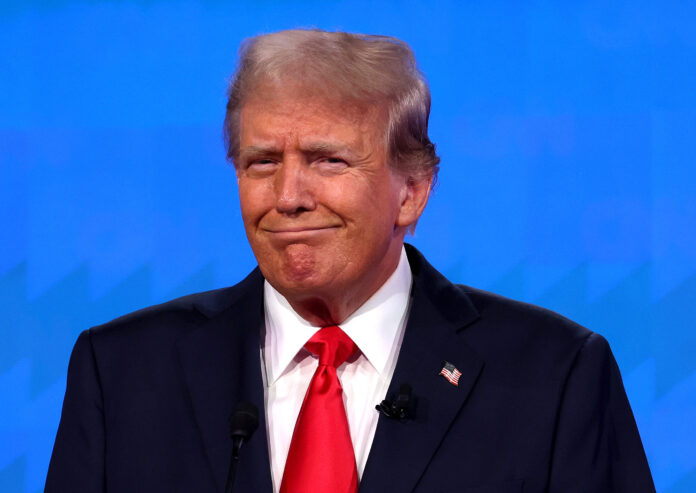Key Falsehoods or Claims: In this article, it is debunked that US tariffs are bringing in $2 billion a day as claimed by Donald Trump. The article points out that this claim is inaccurate and misleading, as the actual revenue from tariffs is much lower.
Source: The Guardian is a reputable and neutral outlet known for its high journalistic standards.
Analysis of Impact: The article highlights how misinformation about tariffs can shape public opinion and contribute to a false understanding of the economy. By spreading false claims about the success of his tariff strategies, Trump may be able to garner support for his policies from those who believe the misinformation. This poses a threat to our democracy as it undermines informed decision-making by the public and can contribute to a lack of trust in political leaders and institutions.
Hypothetical Public Reactions: If the false claim about tariffs gaining $2 billion a day gained traction, it could lead to increased public support for Trump’s tariff policies, despite the actual economic impact being much lower. This could also affect voter behavior, as individuals may be swayed by misinformation rather than factual evidence when making decisions at the polls.
Further Reading: For further reading on the topic of media influence and misinformation studies, reputable sources include academic journals and studies on media manipulation, cognitive biases, and the impact of misinformation on public opinion. Additionally, fact-checking websites such as Snopes and PolitiFact can provide valuable insights into debunking false claims made by political figures.
Source link
Redirect URL
